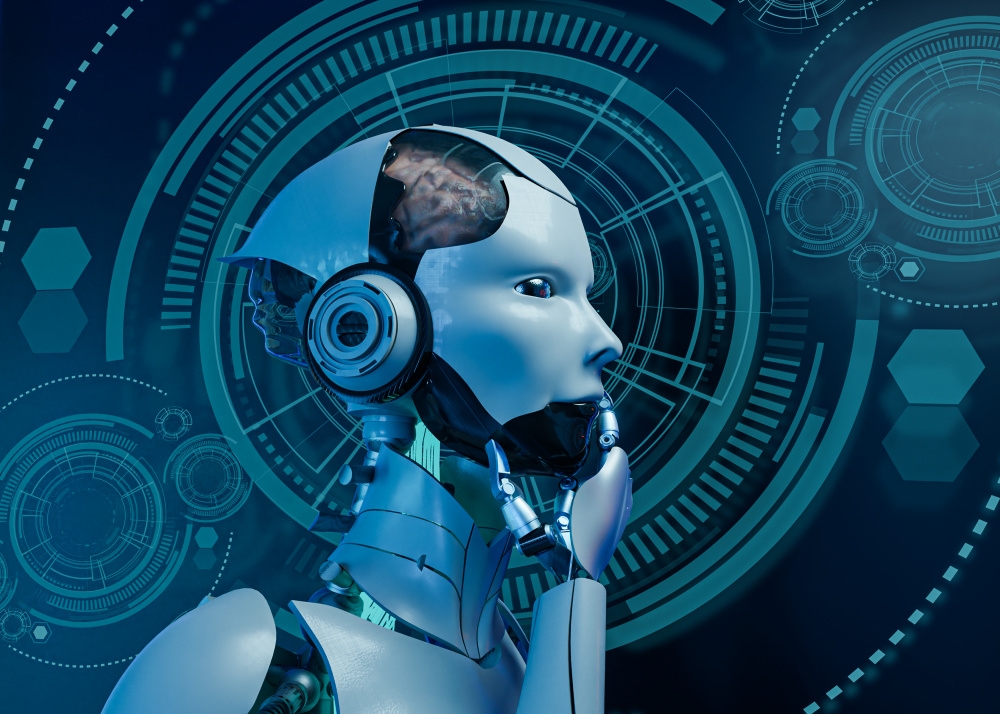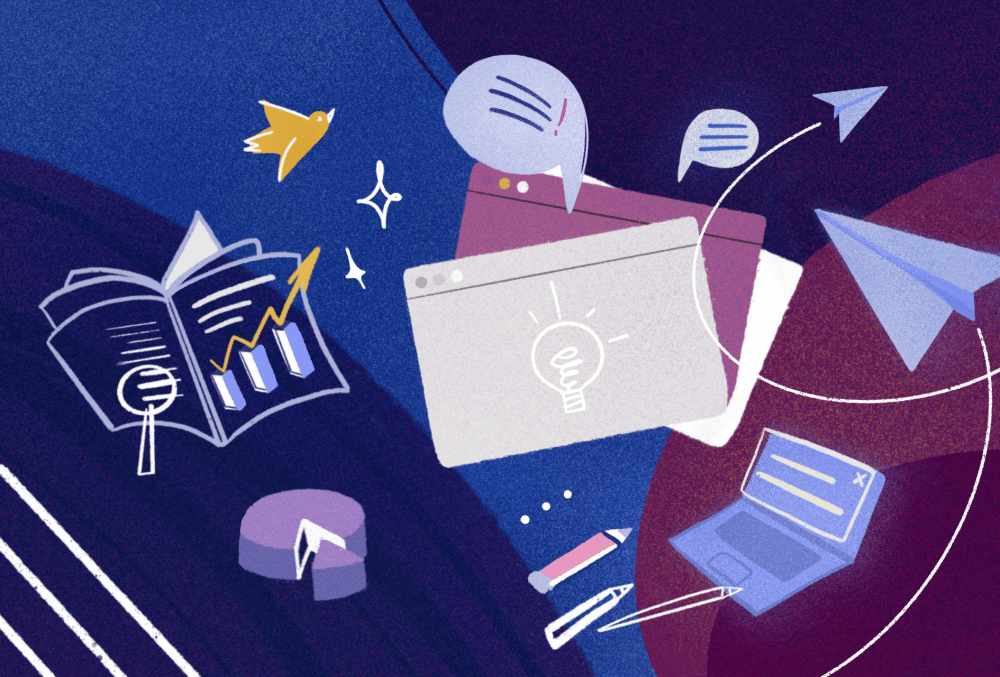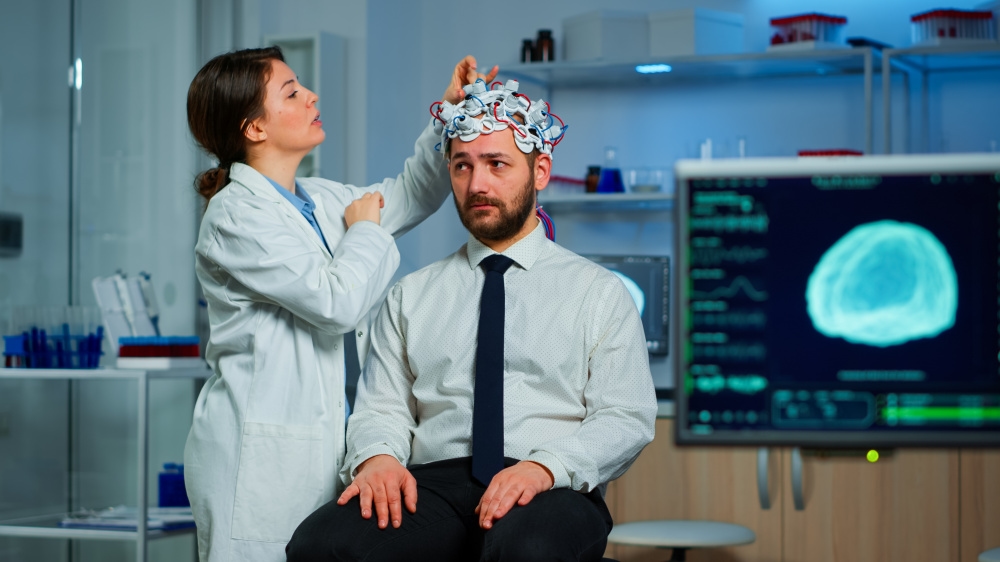Microsoft is creating a team to develop medical "superintelligence"

According to him, the corporation intends to invest significantly in the project and attract leading researchers, including Karen Simonyan, who will become Microsoft AI's chief scientist. Simonyan and Suleiman previously worked at DeepMind, a key AI research center that created the AlphaZero and AlphaFold models. This company's experience, according to Suleiman, formed the basis for Microsoft's new approach—focusing on highly specialized forms of AI.
DeepMind developed models that predicted the structures of over 200 million proteins for the first time, a landmark achievement in biomedicine that accelerated the development of new drugs. Microsoft expects to use a similar approach—focusing on solving specific scientific and medical problems where AI can deliver the greatest practical impact.
The new team will be part of Microsoft's broader AI strategy, which combines fundamental research, computing power, and the practical application of technologies in economics and healthcare. The team's goal is to create so-called medical superintelligence—a system capable of performing diagnostics and supporting clinical decisions with accuracy and speed surpassing the best human practices.
Such models are expected to be able to analyze medical images, interpret laboratory data, generate diagnostic predictions, and suggest optimal treatment plans based on a combination of clinical factors. Microsoft hopes this will speed up the diagnosis of rare and chronic diseases, improve the accuracy of decisions, and reduce the burden on medical staff.
According to Suleiman, achieving medical "superintelligence" is possible within the next two to three years. He cited the rapid growth of computing power, the development of next-generation models, and the combined engineering resources of Microsoft and OpenAI as key factors. At the same time, the company intends to maintain a strong focus on ethical principles and transparency to avoid technological risks and strengthen trust in AI in healthcare.
Microsoft's initiative is developing amid increasing competition. Meta (a company designated as an extremist organization and banned in Russia) offered record bonuses of up to $100 million in 2025 to attract leading researchers, while Safe Superintelligence Inc., a startup founded by former OpenAI CTO Ilya Sutskever, is also working on safer forms of AI. Such projects are already being considered the next step beyond large-scale language models focused on general-purpose tasks.
Suleiman noted that Microsoft believes autonomous, self-improving machines cannot be fully controlled, so the company is focusing on technologies that serve human interests. Microsoft emphasizes that the development of humanistic "superintelligence" must not only expand medical capabilities but also remain ethically sustainable, transparent, and safe for practical use.
Meanwhile, Microsoft continues to develop applied solutions in digital healthcare. The company unveiled an updated version of its Dragon Copilot AI assistant, developed jointly with American healthcare systems Mercy and Advocate specifically for nurses. The solution is integrated into the Epic Rover mobile app and uses ambient AI technology—background speech and context recognition—to automatically convert nurse-patient conversations into structured electronic records. This reduces documentation time and improves accuracy.
vademec




